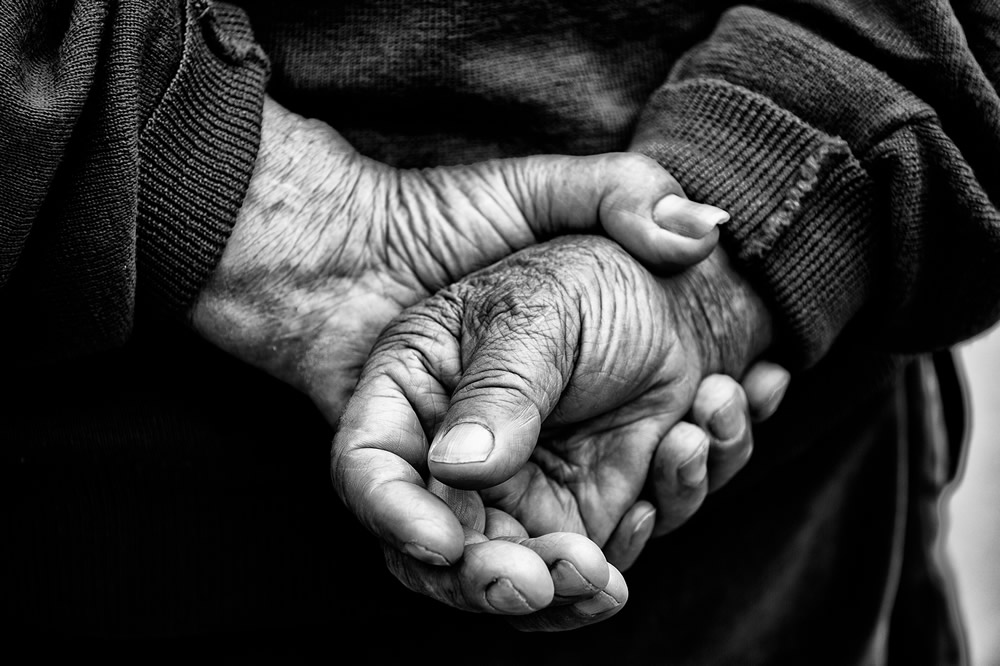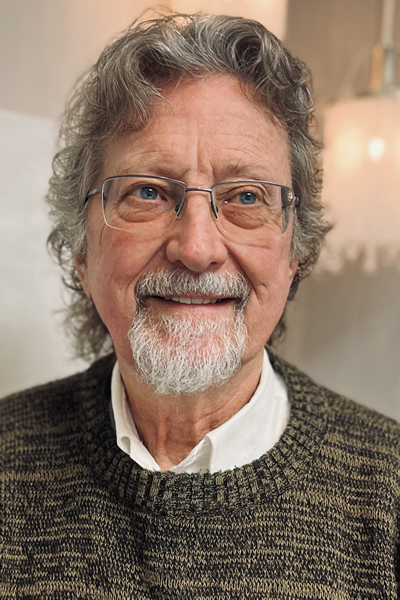At the time of this writing, Putin’s army is surrounding Kyiv, Ukraine, while Zelensky courageously defies Russian occupation inspiring Ukrainians and the entire Free World. But courage also shines outside the media spotlight and is displayed daily in unnoticed and uncounted ways.
Robert Louis Stevenson captured this nicely when he wrote: “Everyday courage has few witnesses. But yours is no less noble because no drum beats for you and no crowds shout your name.”
So it was for a 73 year-old man enlisting in the volunteer Ukrainian Citizens Army asserting that, although a bit ill, he is an excellent sharpshooter and, “I’m ready to die for Ukraine. These are simple things.” Now considering this man’s age and condition, one might be less impressed by his willingness to die for his country than, let’s say, the two Ukrainian university students willing to do the same.
But what I would like to examine here is not relative courage. Instead let’s look at what it mentally takes to arrive at the courageous willingness to lay down one’s life for something or someone. First, let’s think about values — your values — like how important is your personal freedom and self-determination? Or fairness and justice? Or reason and science? Or temperance and self-discipline? (BTW, these represent the four virtues of Stoicism.) Or doing the right thing despite the risk of death?
The idiom to “have the courage of your convictions” is generally construed as having the courage to do what one believes is right. But the bedrock of belief lies in our values which, when clearly defined and made certain, can lead us to decisive action without reservation, even in the face of death.
Values clarification, then, is exceedingly important because all values aren’t created equal. Some are a little more-or-less important than others, so living at odds with them may not be problematic. But when our actions don’t reflect coherence with our important values, disharmony and conflict may result. And living a life that does not reflect our important values is the recipe for dissatisfaction and unhappiness, if not distress.
Just think of the terminally ill person rendered dependent on others after living a life valuing fierce independence and self-reliance, struggling now in soul pain and only wanting to die. Or the young attorney who grew up close to nature now finally making the big bucks in the big city yet feeling unfulfilled. Or all the Ukrainians who want their children and grandchildren to be able to benefit from democracy the way they have while seeing their country destroyed day by day.
Think of the 77-year-old Russian woman, who survived Nazi Germany’s Siege of Leningrad as a baby, protesting Putin’s war. She was “detained” for holding up anti-war signs that urged Russian soldiers to lay down their weapons. Did she clearly know her values? And like the 73-year-old Ukrainian man did she have the conviction of her beliefs including doing the right thing? Were they both courageous in their own ways?
Remember his assertion, with the incredible equanimity that can only come from acting in accord with one’s values, that he was ready to die for Ukraine? And what else? “These are simple things.”
TAKEAWAY: WHEN YOU KNOW AND ACT ON YOUR VALUES, IT’S A SIMPLE THING
Coming soon – Nuclear Nerves: How To Manage Worry




